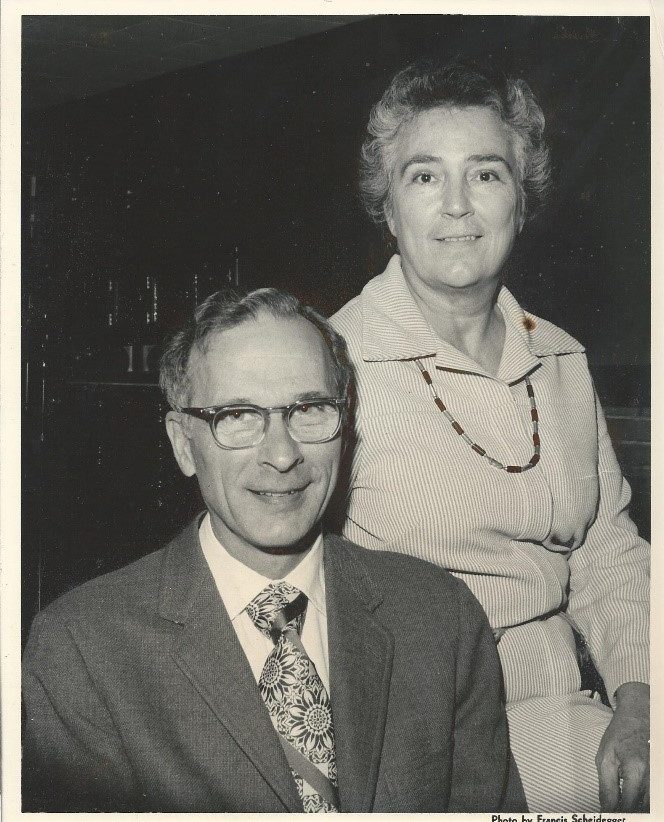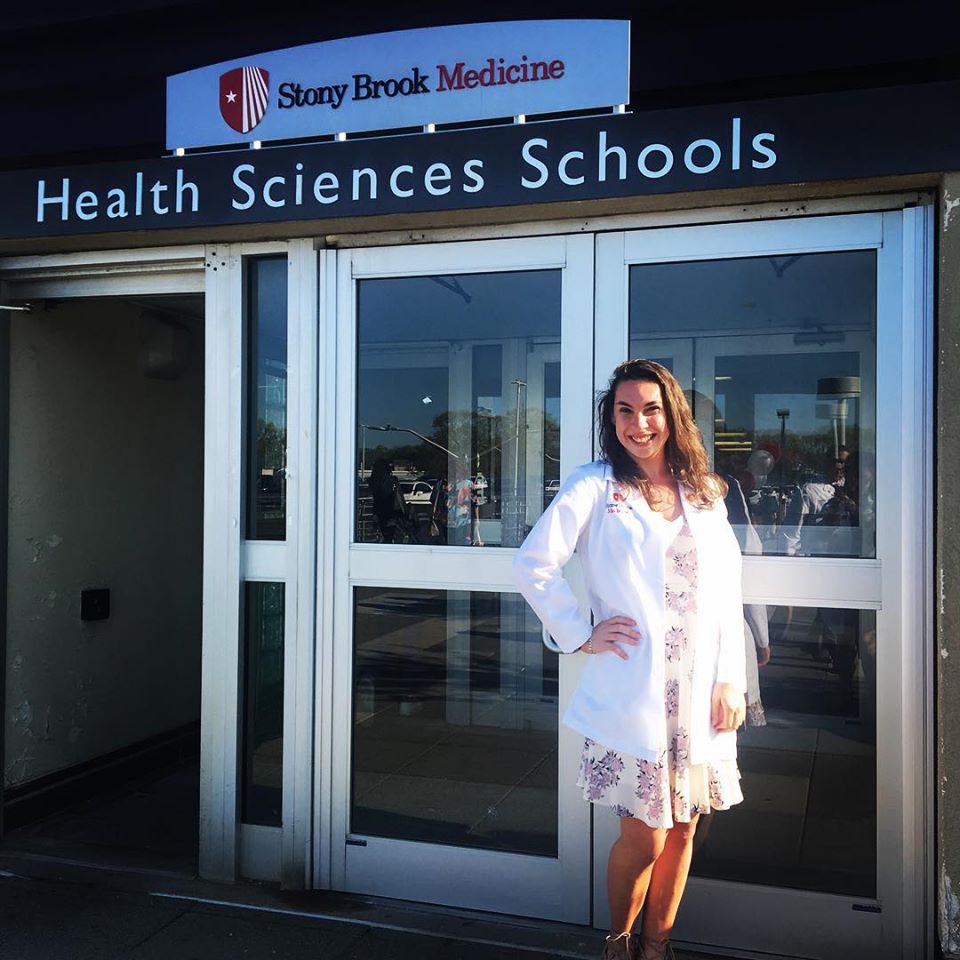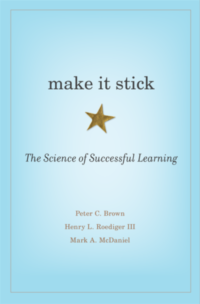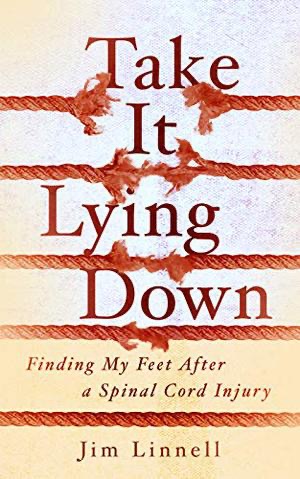Why Was I So Afraid?

In this thoughtful piece, Dr. Regina Kaufman tells of an encounter with a man in a checkout line who remembered that she was his physical therapist more than 30 years ago. Describing the man’s “relatively cool” demeanor, she expresses her fear that perhaps his memory of his treatment was not a completely positive one. She tries to recall the level of care she was able to provide as a novice, and notes that wisdom can only truly develop over time.
Vulnerability in Sports and Orthopedic Medicine

In her narrative reflection, Kate Mihevc Edwards presents her honest self-portrait as an avid runner whose life — and very identity — were altered by injury. But experiencing the vulnerability of losing her very sense of self proved to be a gift over time, she reports. “The work I put in to help me survive and cope made me a better clinician,” she states. She shows how her loss helped her to develop a deeper understanding of the importance of empathy in healthcare.
My Father’s Journey: A Reading and Interview with Susan S. Deusinger, PT, PhD, FAPTA

In a poignant personal account, Susan Deusinger details her father’s final months and his ultimate decision to take charge of his own death process. Although his passing left a void in her life, she notes that he also gave her “the privilege of honoring his beliefs and supporting his choices — something we don’t always have the opportunity to do as clinicians.” A video interview accompanies this piece, in Deusinger’s own words.
Beyond Words

In her essay, “Beyond Words,” Amanda Kaufman, PT, DPT illustrates how providing a space for her patient to tell her full story, during one of her darkest moments, and listening carefully, established the trust that allowed their healing work together to begin.
CHEP-JHR Student Essay Contest: COVID-19 and Black Lives Matter

2020 is defined by crises and uncertainties related to the COVID-19 pandemic and racial tensions. These impact the moral, social, political and economic foundations of our world, nation, and the profession of physical therapy. Navigating one’s professional identity and formation during this time is undoubtedly challenging; you may have had unexpected, yet impactful interactions as […]
Pride, Prejudice, and Professionalism

Grace White, PT, DPT, relates in her essay, “Pride, Prejudice, and Professionalism,” how she used patience, insight, and a clever strategy to overcome her patient’s sexist bias against her and deliver his treatment.
The Science of Successful Learning: Applications to Physical Therapy Education

Co-author of the book Make it Stick: The Science of Successful Learning, Mark McDaniel offers his insights into the importance of questioning the “erroneous intuitions and common practices” within contemporary education. The book highlights the faulty ways people often go about learning, and explains the research supporting how learning and memory actually work and can be optimized. In applying these concepts to physical therapy education, Leda McDaniel, Mark McDaniel’s daughter, presents three key learning techniques from Make It Stick. Having successfully employed these techniques over the years, Leda notes how they can help students “overcome challenges in acquiring the foundational knowledge and skills needed for physical therapy practice.
Learning Sciences in Curricula: Making Excellence in Physical Therapist Education Stick

This companion piece to the McDaniels article builds on their arguments for improved learning and applies them to physical therapy education. Steven Ambler advocates for the integration of Learning Sciences in physical therapy curricula. “Curricula that position the student, faculty, and profession as learner, and consider the plurality of learning theories, can help us all reach a deeper sense of what it means to be a physical therapist serving society,” he notes.
Social Context and Ambivalence in Medicine: A Book Review of “Doctors at War: Life and Death in a Field Hospital”

In their insightful review of Doctors at War, Sean Halpin and Mariano Dossou Kpanou highlight the importance of the book’s account of how a medical team operated on the front lines of war in Afghanistan in 2011. “Few studies examine how teams work together in extreme and challenging environments,” they note. But this short and intense book “provides a unique glimpse into how these teams function in real time.” Reading it may help prepare healthcare professionals “for unprecedented situations, such as the COVID-19 health crisis of 2020,” they conclude.
Book Review of Jim Linnell’s “Take It Lying Down: Finding My Feet After a Spinal Cord Injury”

Jamie Fleshman reviews Jim Linnell’s book, “Take It Lying Down: Finding My Feet After a Spinal Cord Injury,” Linnell’s lively and moving account of his first two years of rehabilitation after a catastrophic accident. Fleshman also presents her interview with Linnell, including his advice for patients and clinicians during those first two critical years.

